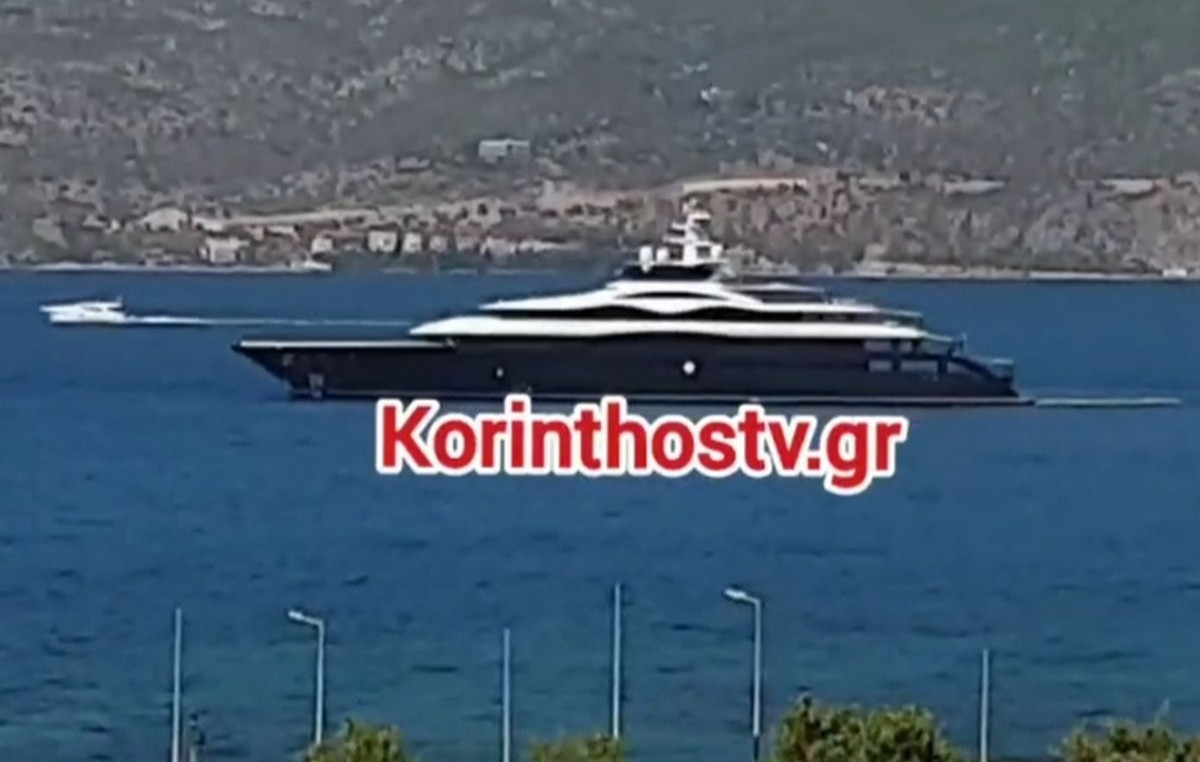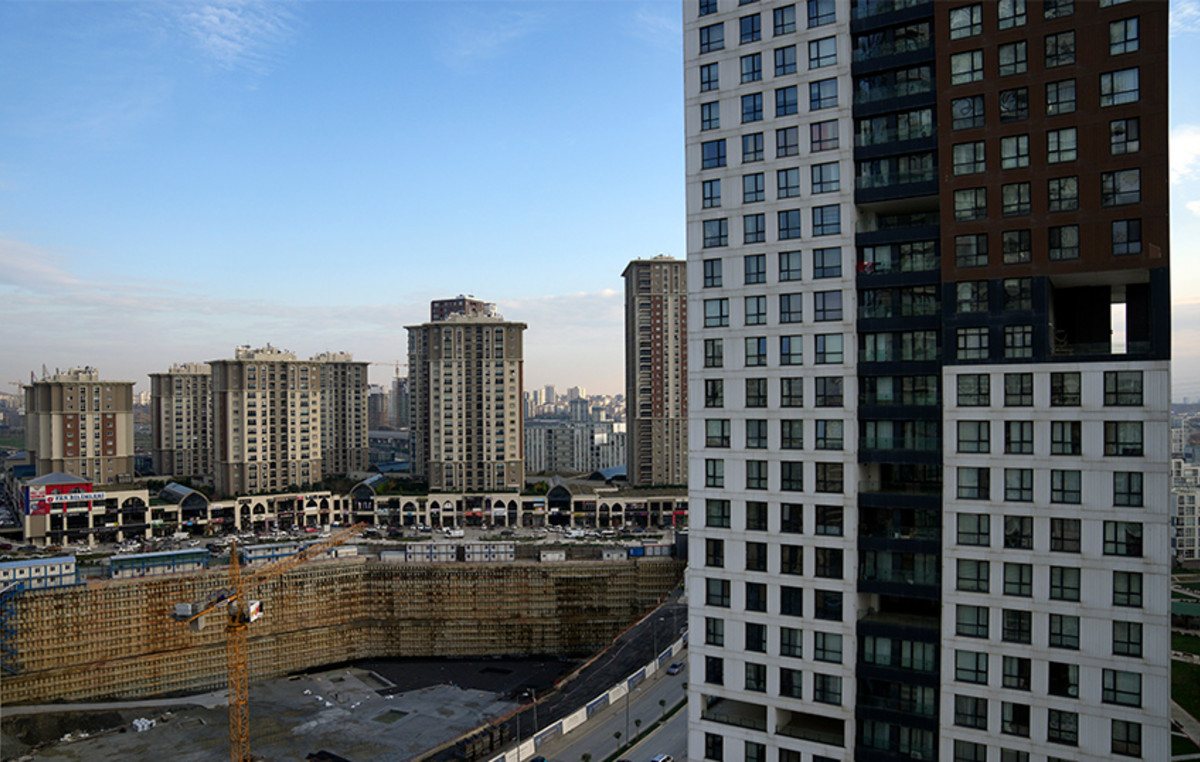Petrobras announced this Friday (15) that it has extended the deadlines for investors to express interest in negotiations for the purchase of three refineries: Abreu e Lima (Ipojuca-PE), Presidente Getúlio Vargas (Araucária-PR) and Alberto Pasqualini (Canoas-PR). LOL).
The extension took place on the last day of the original deadline, now extended to July 29, the last Friday of the month.
The negotiation also involves the logistics assets integrated to the refineries.
According to the company, potential buyers need to sign the confidentiality agreement and the declaration of conformity by August 12, in order to proceed with the negotiation.
The resumption of the sale processes of the three units took place on June 28, the same date on which the Board of Directors of Petrobras approved the name of Caio Paes de Andrade for the command of the company.
The sale of refining assets is the result of an agreement between Petrobras and the Administrative Council for Economic Defense (Cade), to reduce the concentration of market activities in a single company.
The agreement stipulates the negotiation of 8 of the 13 units of this type maintained by the state-owned company.
However, so far, the company has only negotiated one refinery: Landulpho Alves, in Bahia, which currently belongs to the Sovereign Fund Mubadala, from the United Arab Emirates.
Of the three refineries that the company intends to negotiate, Alberto Pasqualini (RS) is the main one.
Inaugurated in 1968, it has the capacity to refine more than 220,000 barrels a day, according to data from the National Agency for Petroleum, Natural Gas and Biofuels (ANP).
The Presidente Getúlio Vargas Refinery (PR), from 1977, refines around 213,000 barrels a day, making it the sixth largest in the country.
Abreu e Lima, with operations starting in 2014, refines 114,000 barrels every 24 hours, making it the ninth largest in Brazil and the second largest in the Northeast.
The Brazilian refining park does not meet the demands of the domestic market for fuels.
Currently, the country imports about 25% of all diesel consumed and 10% of gasoline.
Market agents argue that the maintenance of the Import Price Parity (PPI) policy, criticized for being blamed for the recent rise in fuel prices, and the diversification of companies in the sector’s production chain, can increase competitiveness and attract new investors for the refining segment.
According to the daily bulletin of the Brazilian Association of Fuel Importers (Abicom), released this Friday (15), diesel oil sold in Brazil is in line with international prices.
However, gasoline is priced 8% above the average found abroad, which results in a difference of R$0.31.
These values fluctuate, according to the international variations of the commodities in their markets and with the exchange rate.
Source: CNN Brasil
I am Sophia william, author of World Stock Market. I have a degree in journalism from the University of Missouri and I have worked as a reporter for several news websites. I have a passion for writing and informing people about the latest news and events happening in the world. I strive to be accurate and unbiased in my reporting, and I hope to provide readers with valuable information that they can use to make informed decisions.







